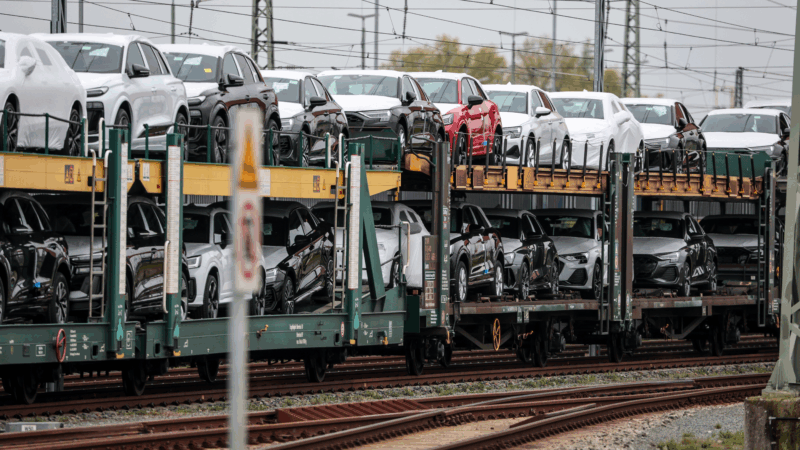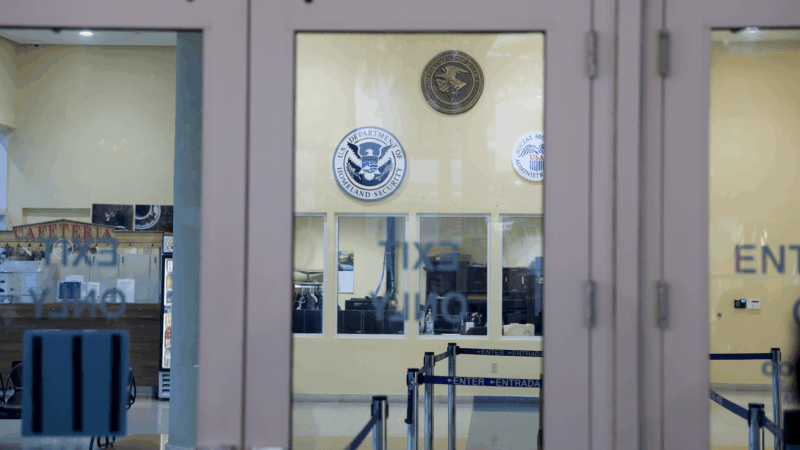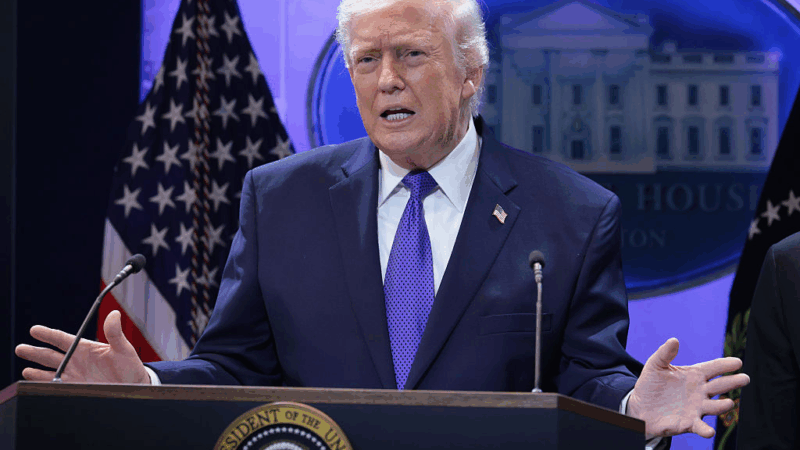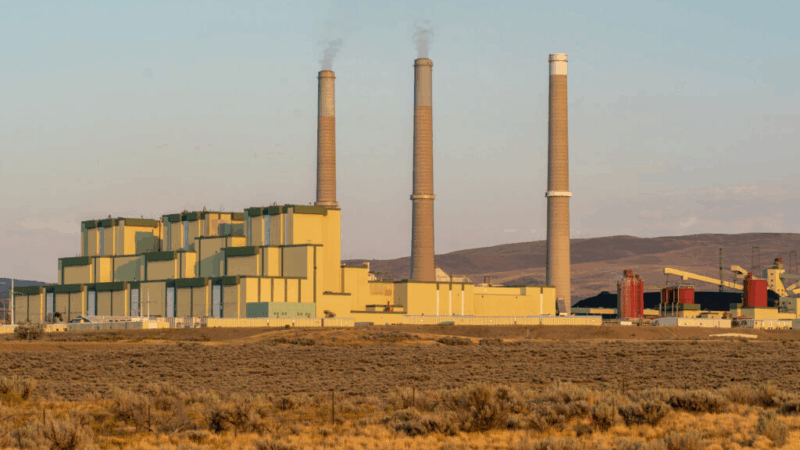Trump is giving automakers a break on tariffs
President Trump has decided to give automakers a break on some of his tariffs, the latest retreat from a get-tough policy he has said is aimed at bringing manufacturing jobs to America and driving up government revenues.
The formal announcement is expected on Tuesday ahead of a Michigan rally marking Trump’s 100 days in office. Trump’s on-again, off-again tariffs have sparked whipsaw moves in financial markets, and most polls show Americans are concerned about Trump’s handling of the economy.
The move will ensure that the different types of tariffs charged by the administration don’t stack up on imports of foreign cars. The Wall Street Journal first reported the shift on Monday. An administration official confirmed the changes, speaking on condition of anonymity.
Importers of foreign auto parts will be able to get some reimbursement from the government for tariffs for the next two years.
The break will both reward domestic manufacturers while “providing runway” to those needing time to invest in domestic plants, Commerce Secretary Howard Lutnick said in a statement provided by the administration.
“President Trump is building an important partnership with both the domestic automakers and our great American workers,” Lutnick said in the statement.
Trump’s 25% tariffs on steel and aluminum imports kicked in last month, hurting the auto industry. That was followed by a 25% tariff on imported cars. Later this week, imported car parts will also be hit with a 25% tariff. (The tariff rules are different for cars imported from Mexico and Canada under the United States-Mexico-Canada Agreement.)
Automakers have complained the tariffs are too high, though the United Auto Workers has praised the auto tariffs because they say they will bring more manufacturing jobs back to the United States.
The administration has also slapped 10% across-the-board tariffs on imports, but abruptly paused higher country-by-country rates for 90 days — except for Chinese goods.
In the shadow of the Olympics, migrants search for a welcome in Milan
As Italy cracks down on migration, Milan takes a different path — offering shelter and integration to asylum seekers even as the central government tightens borders and funds deterrence abroad.
Trump to raise global tariffs. And, most say the state of the union is weak, poll says
President Trump says he is raising global tariffs to 15%. And ahead of the president's address tomorrow, most Americans say the state of the union is not strong, according to an NPR poll.
U.S. has a quarter fewer immigration judges than it did a year ago. Here’s why
The continued drain of personnel from the already strained immigration court system has contributed to depleted staff morale, mounting case backlogs — and floundering due process.
Poll: Most say the state of the union is not strong and the U.S. is worse off
Ahead of the State of the Union address on Tuesday, evidence continues to mount that President Trump is facing political headwinds.
Influencers are promoting peptides for better health. What’s the science say?
The latest wellness craze involves injecting these molecules for athletic performance, longevity and more. Scientists say the research isn't keeping pace with the health claims.
The owners want to close this Colorado coal plant. The Trump administration says no
The Trump administration has ordered several coal plants to keep operating past their planned retirement, part of a larger effort to boost the coal industry. Two Colorado utilities are pushing back.







